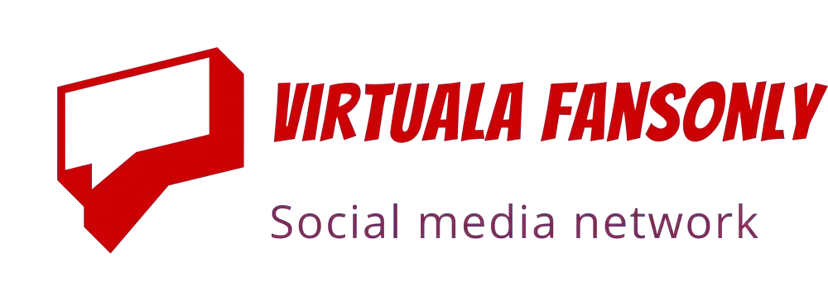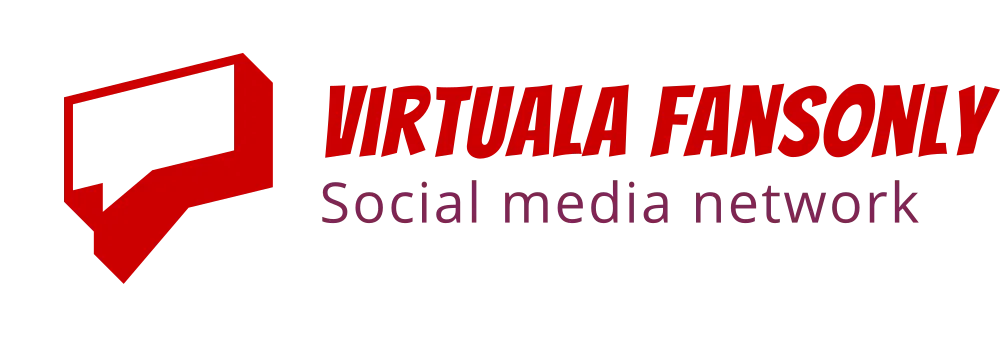How to Choose the Right Consultancy Firm: A 10-Point Checklist
Hiring a consultancy firm is one of the highest-stakes decisions a leader can make. It’s not like buying new software or hiring a junior employee. You are committing to a significant financial investment, opening your company's inner workings to outsiders, and staking your reputation on their ability to deliver results.
The wrong choice isn't just a waste of money. It's a massive drain on your team's time, a potential blow to morale, and can lead your company down a completely incorrect strategic path.
The problem? Most consultancies look great on paper. They have slick websites, impressive client logos, and senior partners who are incredibly smooth sales-people. They all promise "transformation," "synergy," and "data-driven solutions."
So how do you cut through the noise? How do you tell the difference between a firm that's great at selling consulting and a firm that's great at doing consulting?
It's not about gut feel. It's about a rigorous, structured vetting process. As a leader, you need to be a "buyer," not be "sold." This 10-point checklist will help you systematically find a true partner, not just another vendor.
1. Define Your Problem and Scope First
This is the single most important step. Many leaders make the mistake of calling a consultant and saying, "We need help, we're not sure with what." This is an invitation to get sold a massive, expensive, pre-packaged solution. You must do the internal homework before you make the call. Get your leadership team in a room and hammer out a "problem statement."
· Bad: "Our sales are down."
· Good: "Our sales from our key enterprise-level product have dropped 20% year-over-year, and we suspect it's due to new market competition or a failure in our current sales process."
A clear problem statement allows you to find a specialist for your problem, not a generalist. It also lets you control the conversation and compare the proposals you receive (apples to apples) against a defined scope.
2. Look for Niche Expertise, Not a "Do-It-All" Firm
Don't be blinded by a big brand name. Just because a firm is one of the "Big 4" (Deloitte, PwC, EY, KPMG) doesn't mean they are the best choice for your specific problem. You may be a tiny, unimportant client to them.
Often, the best choice is a "boutique" consultancy—a smaller, hyper-specialized firm that only solves the exact problem you have. If you have a supply chain problem in the medical device industry, find the firm that lives and breathes that specific niche. Their experience will be more relevant, their solutions faster, and their attention more focused.
3. Ask for Case Studies Directly Related to Your Problem
Don't just look at the logos on their "Clients" page. Ask for two or three detailed case studies for projects they've completed that are similar in size, scope, and industry to yours.
A good case study isn't a glossy brochure. It's a clear story:
· Here was the client's problem statement.
· Here was our diagnostic process and methodology.
· Here was the solution we designed.
· Here were the measurable results (e.g., "reduced operating costs by 18%," "increased qualified leads by 40%"). If they can't provide this, it's a major red flag.
4. Interview the Actual Team, Not Just the Senior Partner
This is the classic consultancy "bait and switch." You are wowed by a 20-year-veteran Senior Partner who builds incredible rapport with you. You sign the contract. On Day 1, that partner vanishes, replaced by a team of 23-year-old recent graduates who will be "learning on your dime."
You must insist on this: "The final interview must be with the day-to-day Project Lead and the core team members who will be working on this project."
You are hiring their brains. You need to vet their specific experience, their problem-solving skills, and their communication style.
5. Evaluate Their Methodology (How They Think)
Don't just ask what they'll do; ask how they'll do it. A good firm has a proven, transparent process. A bad firm is a "black box" and just says, "Trust us, we're experts."
Ask probing questions about their process:
· "Walk me through your discovery phase. Who do you talk to? What data do you need?"
· "What does your analysis and solution-design phase look like?"
· "How do you handle stakeholder management and communication?"
· "What's your process for validating your recommendations before a final hand-off?" Listen for clear, structured answers, not vague buzzwords.
6. Check Their References (and Ask the Right Questions)
Any firm will give you a list of 2-3 clients who love them. Your job is to dig deeper. When you call these references, don't ask lazy, leading questions like, "Were you happy with them?"
Ask smart, open-ended questions that reveal the truth:
· "What was the most challenging part of working with this firm?"
· "Tell me about a time they handled an unexpected roadblock or bad news."
· "How did they handle disagreement or pushback from your team?"
· "What was the quality of the final hand-off and implementation?"
· "What is the one thing you wish they had done differently?"
7. Assess Cultural Fit (The "Airport Test")
This is the intangible that makes or breaks a project. These consultants will be embedded in your company, interviewing your staff, and challenging "the way things have always been done."
Do they match your company's culture and values? Are they arrogant or collaborative? Are they slow and academic, while you're fast and agile?
A simple gut check is the "Airport Test": "If I were stuck in an airport with this person for 8 hours, would I enjoy the conversation?" If the answer is no, think twice before inviting them into your business for 8 months.
8. Demand a Clear Implementation & Hand-Off Plan
The world is full of beautiful 100-page strategy decks sitting on shelves, gathering dust. The most common point of failure is a consultant who is great at diagnosis but terrible at implementation.
Your proposal must have a clear section on this. Ask them:
· "What happens after you deliver the final report?"
· "How do you ensure our team is trained to own and execute this solution?"
· "Do you offer follow-on support as we implement your plan?"
Look for firms that want to build your team's capability, not create a permanent dependency on them.
9. Analyze the Proposal: Is it a Template or a Solution?
When you get their final proposal (or Statement of Work), read it carefully. Is it full of generic boilerplate language? Or does it mirror back the specific language and nuanced problems you discussed in your meetings?
A great proposal feels customized. It shows they listened. It should also clearly define:
· Deliverables: What will you actually get? (A report, a new software configuration, a training program?)
· Timeline: What are the key milestones?
· Team: Who is on the project?
· Responsibilities: What do they need from you? (Access to data, team member time, etc.)
10. Discuss "Failure" and Scope Creep
This is an advanced-level vetting question that reveals a firm's character. First, ask: "Tell me about a recent project that didn't go as planned. Why? What did you learn?" If they say, "We've never had a project fail," they are lying. A good partner is honest, self-aware, and shows they learn from mistakes.
Second, ask: "How do you handle scope creep?" It's inevitable that you'll think of new things mid-project. A professional firm will have a clear "change order" process, not a "sure, we'll do it" (and then resent you) or a "no, that's not in the contract" (and be difficult to work with).
Choosing a consultancy is a search for a partner, not a vendor. Be rigorous, be patient, and trust the process. The work you do before you sign the contract is the single best predictor of the results you'll get after.
- Live Stream
- Causes
- Crafts
- Dance
- Drinks
- Film
- Fitness
- Food
- Spellen
- Gardening
- Health
- Home
- Literature
- Music
- Networking
- Other
- Party
- Religion
- Shopping
- Sports
- Theater
- Wellness
- Art
- Life
- Coding




